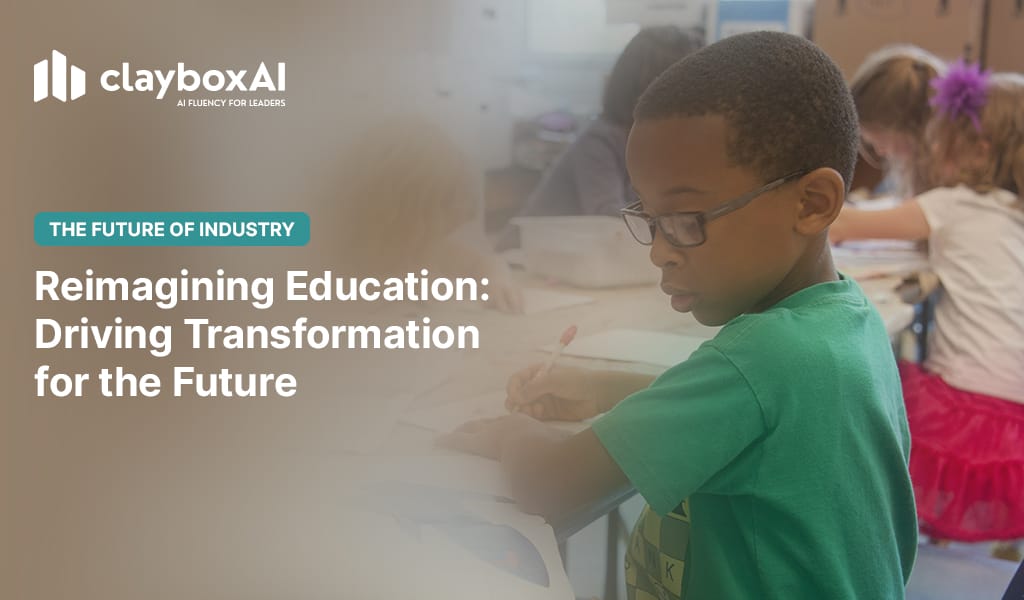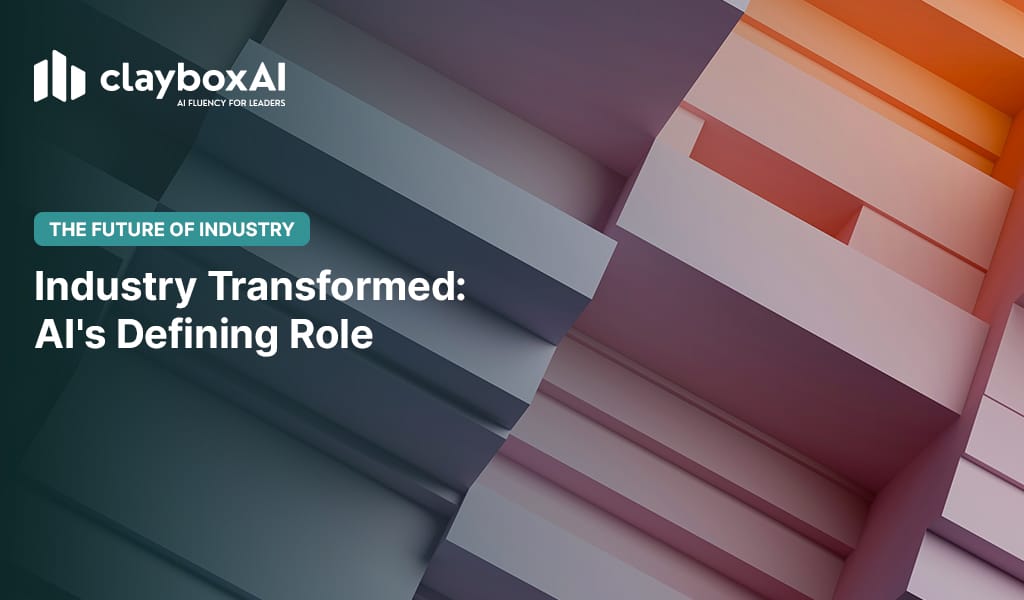The education sector is at a turning point, driven by rapid technological advancements and shifting learner expectations. Far beyond simple digitisation, institutions are now reinventing how they deliver education – embracing AI, automation, and data analytics to reshape student experiences, academic delivery, and operational models.
From universities to vocational institutes, education providers are leveraging these tools not only to enhance learning outcomes but also to improve staff efficiency, streamline services, and build resilience in an evolving landscape.
Here’s a closer look at how leading institutions are transforming:
Streamlining Service Delivery – Griffith University, Australia
Griffith University faced operational bottlenecks due to fragmented systems and siloed information. Supporting over 45,000 students had become increasingly unsustainable.
To tackle this, the university deployed an enterprise service management platform, consolidating multiple portals into one central system. Starting with the library, the rollout extended to IT, HR, legal, and other departments. Key features included AI-powered self-service, automated request tracking, and integrated workflows.
Results:
- Self-service usage grew by 87%
- First-contact resolution improved by 43%
- Incident resolution time dropped by 25%
- Call volumes decreased by 31%; email queries reduced by 46%
The success prompted the university to scale the system across its full operations, creating a seamless experience for both students and staff.
AI in Recruitment & Content Creation – IIHM, India
The Indian Institute of Hotel Management (IIHM) aimed to address two critical challenges: slow and inconsistent recruitment processes and the high cost of developing learning content.
By deploying an AI-driven platform, IIHM was able to automate candidate assessments and generate accurate and engaging training materials.
Outcomes:
- Interview duration halved
- Hiring accuracy increased to 90%
- Student placement rates rose by up to 30%
- AI-generated content reached 95% accuracy
This strategic use of AI allowed IIHM to meet the growing needs of the hospitality sector with greater agility.
Accelerating Research with AI – La Trobe University, Australia
At La Trobe University, researchers were facing difficulties processing vast datasets, particularly in biomedical and environmental sciences.
To accelerate breakthroughs, the university integrated AI and advanced analytics into its research operations. By deploying high-performance computing clusters and AI tools, La Trobe enabled researchers to extract insights faster and more accurately.
Impact:
- Complex data analysis time reduced from weeks to hours
- Improved research output in genomics, ecology, and neuroscience
- Stronger cross-departmental collaboration
This has positioned La Trobe as a leader in AI-enhanced research in the region.
AI-Driven Personalisation – BINUS University, Indonesia
BINUS University partnered with Microsoft to create an AI-powered campus, focused on delivering personalised learning experiences and operational efficiency.
AI was embedded into curriculum design, student support, and faculty engagement. The university also adopted Azure cloud services and Microsoft 365 to power its digital ecosystem.
Benefits included:
- Customised learning pathways based on student performance
- Real-time analytics on learner engagement
- Enhanced collaboration among students and teachers
This initiative has transformed BINUS into a model smart campus in Southeast Asia.
Unified Digital Workflows – Western Sydney University, Australia
To support its diverse student population and rapidly evolving academic offerings, Western Sydney University sought to unify its administrative and support services.
Using a modern digital platform, the university built seamless workflows that connected academic, IT, HR, and student services. These unified workflows allowed staff to deliver faster, more accurate support across departments.
Key Gains:
- Reduced operational delays
- Centralised data visibility
- Enhanced student satisfaction through quicker issue resolution
This transformation has enabled the university to meet student expectations while driving internal efficiency.
The Big Picture: Lessons from the Region
Across Asia Pacific, these examples reveal a consistent trend: educational institutions are no longer just adapting to change – they are shaping the future of learning.
Whether it’s through AI-powered recruitment, smarter service delivery, or cutting-edge research, the emphasis is now on:
- Personalisation: Adapting teaching to individual learner needs
- Operational Agility: Automating and digitising key processes
- Scalability: Ensuring institutions can expand offerings without scaling inefficiencies
- Data-Driven Decisions: Using analytics to inform strategy and pedagogy
Education is being reimagined not only as a service but as an experience – dynamic, responsive, and intelligent.

